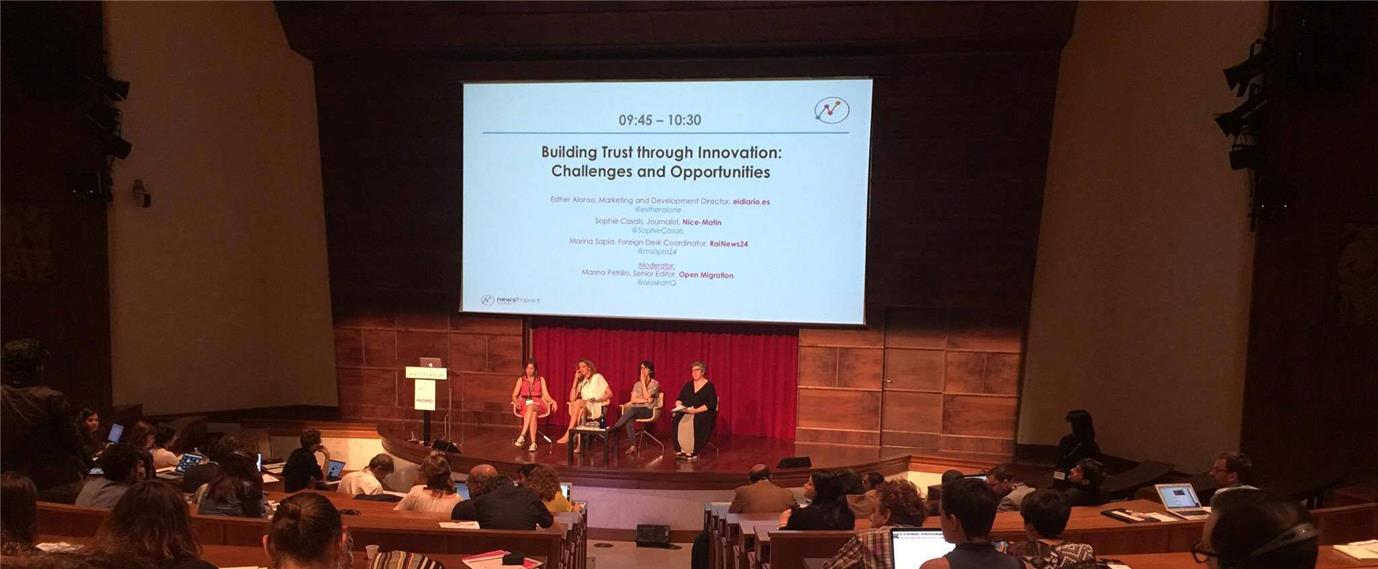استكمالا لحوار متجدد حول تقاطع الصحافة مع التكنولوجيا وعبورها نحو العالم الرقمي، تنطلق اليوم 23 مايو/أيار 2017 فعاليات قمة الإعلام والتأثير في العاصمة الإيطالية روما بتنظيم من مركز الصحافة الأوروبي وبالتعاون مع مختبر غوغل للأخبار (غوغل نيوز لاب)، وقد بات هذا المختبر مهتما بتقديم أدوات تقنية تسهِّل عمل الصحفيين. ما ميز القمة هذا العام هو حرص المنظمين على مدّ جسور مع العالم العربي واستعارة تجارب الصحفيين فيه وخصوصا في ظل ما تشهده المنطقة العربية من نزاعات وأحداث متسارعة. وستستعرض "الجزيرة" تجربتها مع المواطنين الصحفيين خاصة في المناطق التي شهدت أحداثا ساخنة كان يصعب على الصحفيين الوصول إليها. وكان المواطنون الصحفيون قد لعبوا دورا فاعلا في صنع الأخبار جنبا إلى جنب مع كبرى المؤسسات الإعلامية، ومنها "الجزيرة" التي عاينت عن قرب تلك الحالات التي ما زالت تغطياتها تخضع للدراسات من قبل المؤسسات الإعلامية الغربية.







































